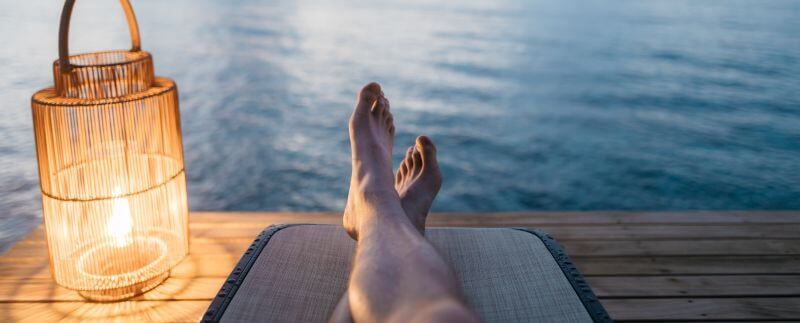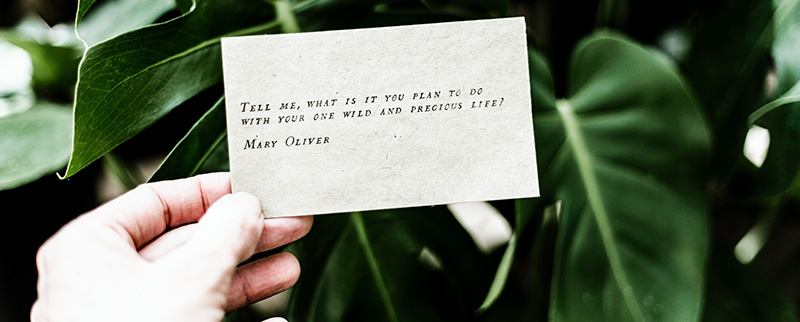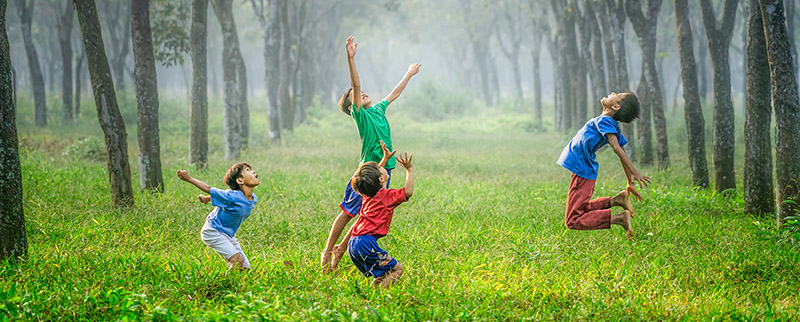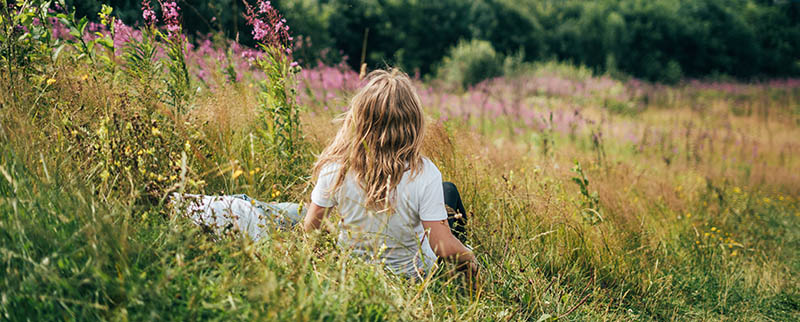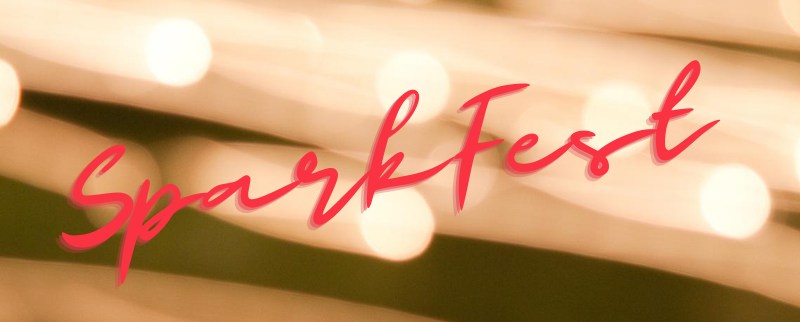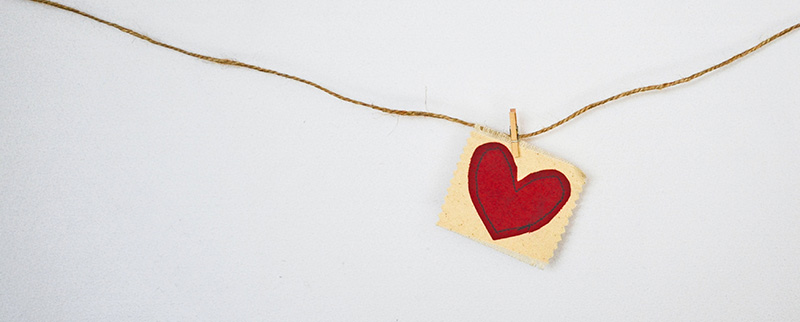At The Circle, we are all about building healthy relationships, and that includes building one with yourself. We all need time and space to focus on ourselves. Practising self-care is especially important as we all struggle with the effects of the pandemic on daily life. But self-care is essential during normal times, too.
But what does self-care really look like?
Is it a classic bubble bath at the end of a long day? Going for a walk with a friend? Or having some alone time to learn a new skill? The short answer is . . . self-care is all of these things! It looks different for every person.
Self-care is any action, thought, or intention that you deliberately do to improve your physical, emotional, and mental well-being. Think about it this way: What sorts of things do you do for others to show them that you care? Maybe you write a nice message inside a card, invite them to watch a movie with you, tell them something you like about them, or verbally express love for them. Now, imagine doing those things for yourself. What other things would you do to show that you care for yourself?
If you are having trouble thinking of ideas, read on!
Top 5 Self-Care Ideas: Show Yourself that You Care
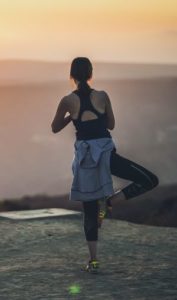
1. Make time for reflection and connecting with yourself.
Checking in with yourself daily is a brilliant way to get in touch with how to best practise self-care. This could look like daily journalling, seeing a counsellor, or finding a trusted friend with whom you can talk.
2. Maintain your health.
The picture of good health looks different for everyone, so it is important to reflect on what it looks like to you. Then, you can work in daily activities to help you reach your physical, emotional and mental health needs. For example, daily physical exercise, remembering to eat lots of fruits and veggies, or frequently going for walks along the beach.

3. Set aside time to do something for yourself that you love and that nourishes you. Do it regularly.
Putting activities that you enjoy into your daily schedule will keep your day balanced and fulfilling. Learn how to paint, carve out an hour every night to read, or watch your favourite Netflix show!
4. Engage in a relaxing activity.
Find out what helps you to unwind and de-stress. All of us feel some levels of stress throughout the day. Life is exciting and sometimes fast-paced, which is not a bad thing! But it’s still important to wind down and reset after a long day so that you’re ready to start the next day — rested.
5. Remember to be kind to and gentle with yourself.
Recognize with things aren’t okay and take the time and space to practise self-care. Sometimes this looks like putting yourself first, setting boundaries, and saying NO when there are too many things on your plate. Other times it looks like asking for help from others when you need it. It means not judging yourself or putting pressure on yourself to be or look perfect — self-acceptance! And sometimes it simply looks like remembering to drink lots of water and get lots of sleep. Remember that you are only human, and everyone needs a break sometimes!

.
How does Social-Emotional Learning tie into self-care?
Here at The Circle, we use social–emotional learning (SEL) to help youth develop important life skills, which you can learn more about here: (link article about benefits of SEL). SEL is closely linked to strengthening our ability to care for ourselves. If you don’t believe me, it’s in the name! SELF-CARE! (Just kidding!)
SEL teaches youths how to create healthy boundaries with others, how to get in touch with their own feelings, and how to trust in themselves for direction. As they build these important skills, they become more self-aware of their physical, emotional, and mental health needs. As a result, they become more conscious of what self-care looks like to them and when and how to practice it.
.
Promoting Healthy Relationships at The Circle
Here at The Circle, all of our programs are built around the core principles of SEL to work towards safer communities.
- We offer the Empathy Project for Grades 3, 4, and 5 students to provide them with the building blocks of social–emotional learning.
- For Grades 6, 7, and 8, the Respect Project offers students the opportunity to get to know one another better and learn about the foundational role respect plays in their lives.
- The Pass It On program is an after-school, cross-peer group mentorship program with intermediate students (as buddies) and high school students (as mentors). Its goal is to foster capacity for healthy relationships and support life transitions.
Our programs have successfully offered students the wide range of benefits of a social–emotional education. After attending our programming, students have expressed a greater capacity to feel empathy for others, to resolve conflict, and to build equal and healthy relationships. Teachers observe students using their new skills in the classroom, and they request our programs year after year.
Learn more about our programs or request more information about how you can bring our programs to your classroom or organization.

Adele Mark is a third-year undergraduate student studying Sociology and Global Development Studies at the University of Victoria. She was involved in the Pass It On program in high school at Gulf Islands Secondary School and was hired as Marketing and Communications Assistant, a temporary student position in early 2021, at The Circle. Adele has been involved with several projects that focus on youth education and female empowerment and looks forward to continuing this work with The Circle.

